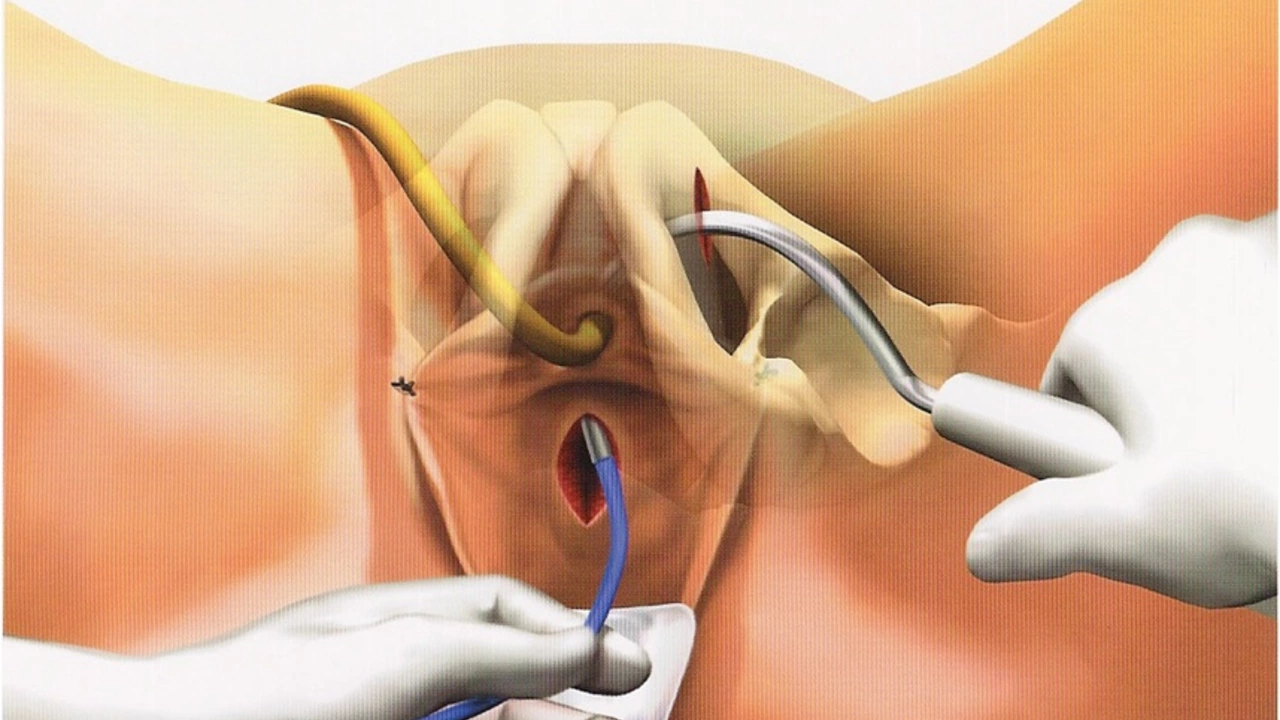Post‑Surgery Care: Simple Steps for a Faster Recovery
Just got out of the operating room? You’re probably wondering what to do next. The good news is that most of your healing depends on everyday habits, not fancy equipment. Below are straight‑forward actions you can take right now to keep things moving in the right direction.
Managing Pain & Medication
Take prescribed pain pills exactly as the doctor says – don’t skip doses hoping you’ll feel better faster. Missing a dose can cause spikes in pain, which actually slows healing because stress hormones rise. If a dose is missed, take it as soon as you remember unless it’s almost time for the next one; then just skip the missed pill.
Combine medication with non‑drug tricks: ice packs for 15 minutes every hour (if your surgeon approved) reduces swelling, and deep breathing exercises keep oxygen flowing to the wound. Both lower pain signals and help you stay comfortable without over‑medicating.
Caring for Your Incision
Keep the incision clean and dry until the doctor says otherwise. Gently wash the area with mild soap and water, then pat it dry – no rubbing. If a dressing is used, change it according to instructions, usually once a day or when it becomes damp.
Watch for signs of infection: increasing redness, warmth, pus, or fever above 100.4°F (38°C). If any appear, call your healthcare provider right away – early treatment prevents bigger problems.
Move as soon as you’re cleared to do so. Short walks around the house boost circulation, which delivers nutrients and removes waste from the wound site. Even five minutes of walking a few times a day can make a big difference.
Nutrition matters too. Aim for protein‑rich foods like chicken, eggs, beans, or Greek yogurt because protein builds new tissue. Add vitamin C sources – oranges, strawberries, bell peppers – to support collagen formation. Staying hydrated helps keep blood volume steady and supports every cellular process involved in repair.
Sleep is your secret weapon. During deep sleep, the body releases growth hormone that speeds tissue regeneration. Try to get 7‑9 hours of uninterrupted rest; use pillows to keep the operated area comfortable and elevated if swelling is an issue.
If you smoke, quit immediately. Nicotine narrows blood vessels, starving the incision of oxygen and slowing healing. Even a brief break can improve outcomes, so consider nicotine patches or gum as a bridge.
Finally, follow up with your surgeon on schedule. Those appointments let the doctor catch any hidden issues before they become serious, and they’re also an opportunity to ask questions about activity levels, diet, or medication adjustments.
Recovery isn’t magic – it’s a series of small, consistent actions. Stick to these basics, listen to your body, and you’ll get back to normal life faster than you think.

How to address urinary incontinence following head surgery or trauma
In my latest blog post, I delve into the challenging issue of dealing with urinary incontinence following head surgery or trauma. I discuss the possible causes of this after-effect, such as damage to the nerves that control bladder function. I also provide practical tips on managing the condition, including lifestyle changes and exercises that can strengthen the bladder. Furthermore, I emphasize the importance of seeking medical advice to explore treatments like medication or surgery. It's a sensitive topic, but one that can affect many people, so it's crucial to understand and address it effectively.
